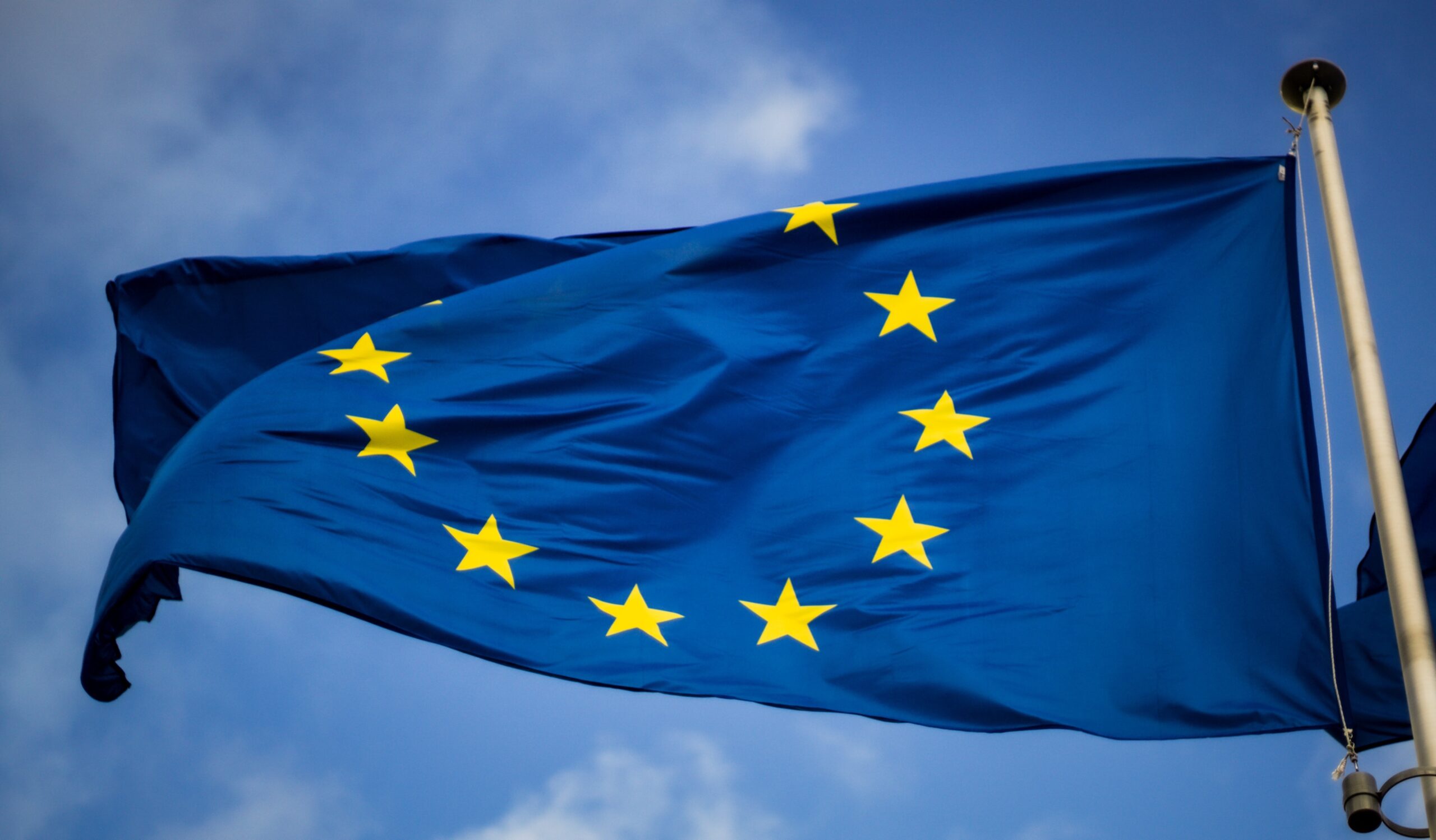As usual, the European Parliament has invited the Commissioners-designate to appear before the committees responsible for the hearings, in order to check that they are suitable for the posts they have been given.
The Conference of Presidents, made up of the President of Parliament and the Presidents of the European Parliament’s political groups, decided that the hearings will begin on 4 November and run until 12 November.
It also decided on the division of responsibilities between the parliamentary committees for the confirmation hearings.
Before the hearings, the European Parliament’s Committee on Legal Affairs examines the declarations of interest of the Commissioners-designate.
Depending on the portfolio assigned to him by the President, a Commissioner-designate can be assessed by one parliamentary committee (competent committee) or by more than one committee (mixed committees).
Other committees may be invited to participate, which means they can contribute oral questions, while the final assessment of the candidates rests with the coordinators of the relevant committee(s).
The hearings will be followed by meetings in which the chair of the committee and the representatives of the political groups (coordinators) of the various committees will assess whether the Commissioner-designate has the necessary qualifications to be a member of the College and to fulfil the specific duties assigned to him or her.
Once all the hearings have been completed, the Conference of Committee Chairmen will assess the outcome of the confirmation hearings and forward its conclusions to the Conference of Presidents. The latter will make the final assessment and decide on the closure of the hearings.
Once the hearings are over, the President-elect of the Commission, Ursula von der Leyen, will present the College of Commissioners and its programme in plenary.
Her statement will be followed by a debate and any political group or at least one twentieth of the Members of the European Parliament can table a motion for a resolution.
The full Commission needs Parliament’s approval (by a majority of the votes cast, by name).
Once elected by Parliament, the Commission is formally appointed by the European Council, acting by qualified majority.
Our team is at your disposal for more information.






